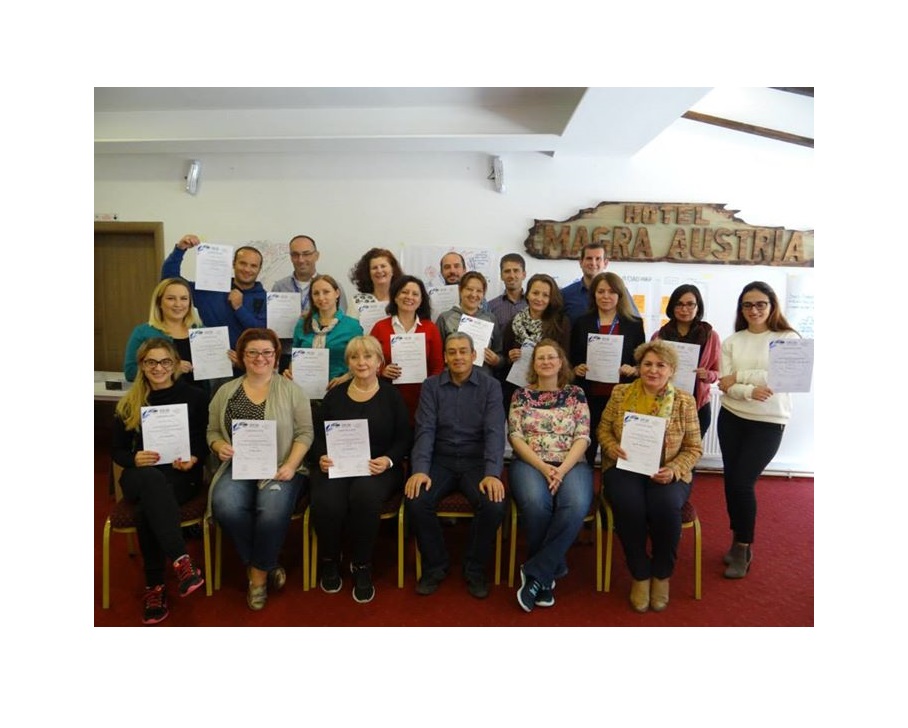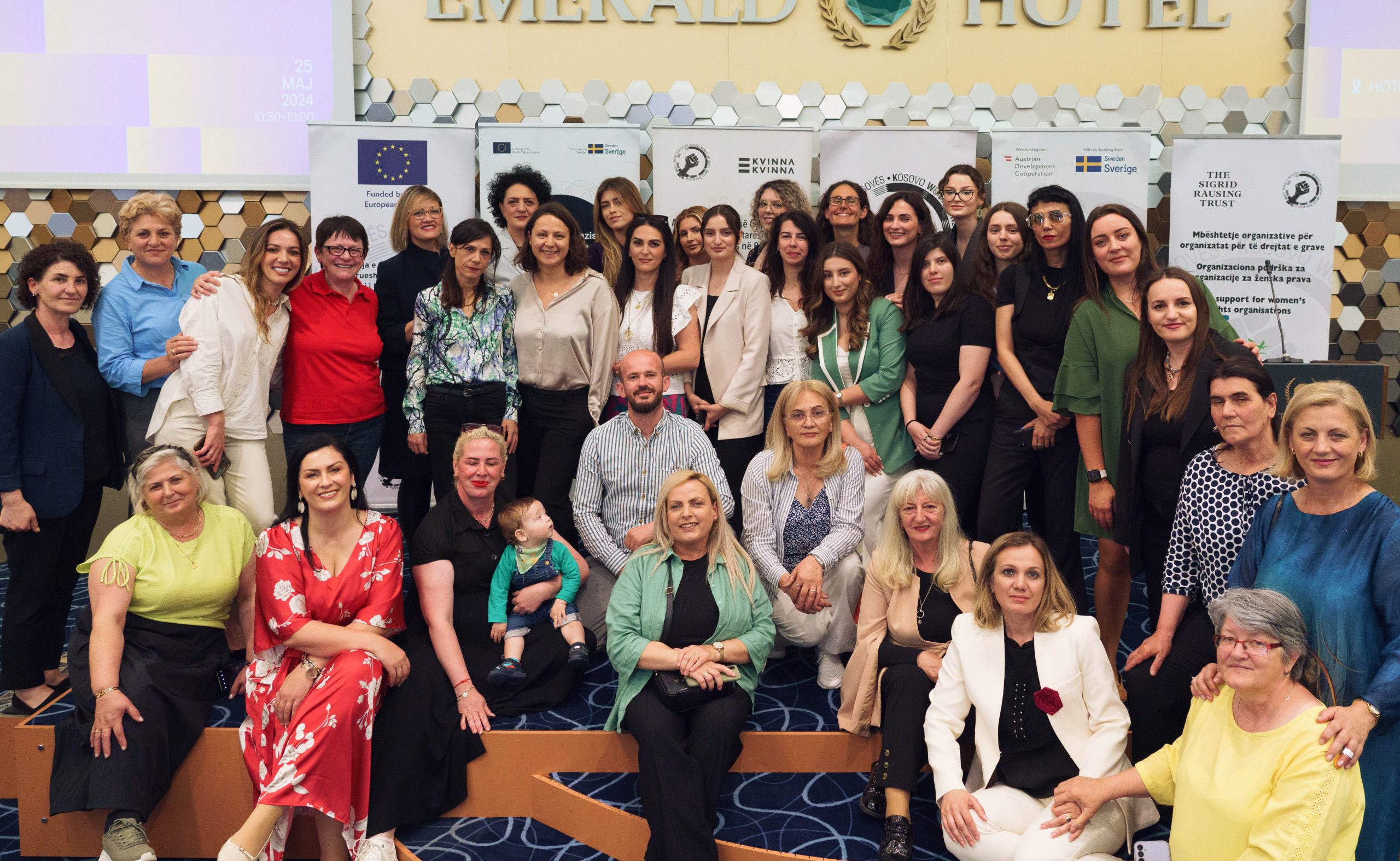From Oct. 5-9, thePromoting Private Sector Employment (PPSE) project in Kosovo held a Gender in Value Chain Development Course, where approximately 20 representatives participated. Among them, were representatives from the Kosovo Women’s Network (KWN), the public sector and other project implementing agencies, Joel Alcocer and Grania Mackie, experts of International Training Center (ITC) of the International Labour Organization (ILO), were in charge of facilitating the training. Tailored to participants with experience in value chain development, the training provided tools for the inclusion of gender aspects in the analysis of value chains and sought to devise gender strategies that enhance empowerment and incomes for all stakeholder groups.
A value chain is the full set of different activities that a business goes through in order to bring a product or service to their customer. A value chain also refers to the model of how a business receives the raw material as an input, it adds value to the raw material by going through different processes, and then sells the finished product to its customers.
“KWN participated in this training not only because gender as an issue is tackled, but also because women’s economic empowerment is one of the five programmatic areas included in KWN’s Strategy 2015-2018. The long-term goal of this program is: Women and men have equal economic opportunities at home and in the public sphere,” said KWN’s representative at the opening session of the training.
- Clarify gender goals and objectives for value chain development, distinguishing between “do no harm”, gender inclusion, women’s empowerment and gender transformation.
- Equip participants with tools and knowledge to develop sustainable gender strategies comprised of gender change solutions capable of market uptake and time bound gender interventions which can catalyze these solutions.
- Increase understanding of the business arguments and culturally relevant strategies for gender transformation which will improve quality of outcomes for women and men at different levels of the value chain.
- Equip participants with tools and knowledge to develop convincing and sustainable business models for gender solutions to both improve chain efficiency and promote women’s empowerment and gender transformation.
- Develop participatory skills to use effective participatory tools which can be transferred for gender and value chain work in different contexts and organizational settings.
- Develop personal action plans to implement and communicate what participants have learned enabling them to make a difference in their work and bring others on board, mobilize resources and other leaders.







